On Monday, Anonymous continued its online war against ISIS. Anonymous posted the names of 9,200 Twitter accounts suspected to be affiliated with the Islamic State fundamentalist terrorism group.

- Anonymous posted the names of 9,200 Twitter accounts suspected to be affiliated with the Islamic State fundamentalist terrorism group.
Another annual Twiplomacy report is out. Each year, Twiplomacy reviews and ranks national and international organisations and leaders on their Twitter use. This year, the owner of the report, Burson-Marsteller, analysed 846 Twitter accounts belonging to 90 international multilateral organisations and non-profit organisations. "Data for each account was gathered on 2 February 2015 looking at 60 data points, including the number of followers, the number of @replies and the average number of retweets for each account." Top organisations this year (looking at the average number of reTweets per Tweet) are: @UNICEF, @UN,@CERN,@WWF,@WHO.
Amnesty International released a report looking at how mass international surveillance has changed the public's perception of its online behaviour last week. The Yougov survey included 15,000 people in 13 countries. Overall, international mass surveillance has not changed actual online behaviour (or at least the perception of it) very much. Some findings: 26% of people agreed that the government should monitor the communications and Internet activity of its own citizens; 29% felt their government should monitor overseas citizens; 17% believed their government should monitor everybody - citizens, foreign nationals, and foreign countries; 34% believed their government should never monitor any of these groups.
Facebook updated its Global Government Requests Report for the second half of 2014. Overall requests increased from 34,946 in the first half to 35,051 in the second half. Requests from countries varied - for example, the number of requests from the USA and Germany fell while requests from India increased. In total, Facebook restricted 9,707 pieces of content for violating local laws. “We will continue to scrutinize each government request and push back when we find deficiencies. We will also continue to push governments around the world to reform their surveillance practices in a way that maintains the safety and security of their people while ensuring their rights and freedoms are protected,” Facebook’s head of global policy management blogged. The head of Facebook, Mark Zuckerberg, noted "If we ignored a lawful government order and then we were blocked, all of these people's voices would be muted, and whatever content the government believed was illegal would be blocked anyway."
European interior ministers rolled out a counter-terrorist plan two weeks ago which gave authorities permission to "give extra scrutiny" to travellers that could potentially be terrorists or Muslim foreign fighters. As a part of the decision, to go into effect in June throughout the 26-nation Schengen area, a special unit inside Europol will work with Internet service providers to get rid of extremist content from social media and the web.
On Thursday, EU leaders extended economic sanctions against Russia until a peace deal is reached in Ukraine. At the same time, officials outlined a plan to counter Russian media and social media "propaganda" with EU-funded Russian-language media. Those involved are tasked with "correction and fact-checking of misinformation" and to "develop an EU narrative through key messages, articles, op-eds, factsheets, infographics, including material in Russian language." One EU official did warn, however, that "Countering Russia's hard propaganda with its same weapons would not be effective and is not feasible." Expect more of this after May when the EU-funded European Endowment for Democracy (EED) presents proposals on media issues to a summit in Latvia.
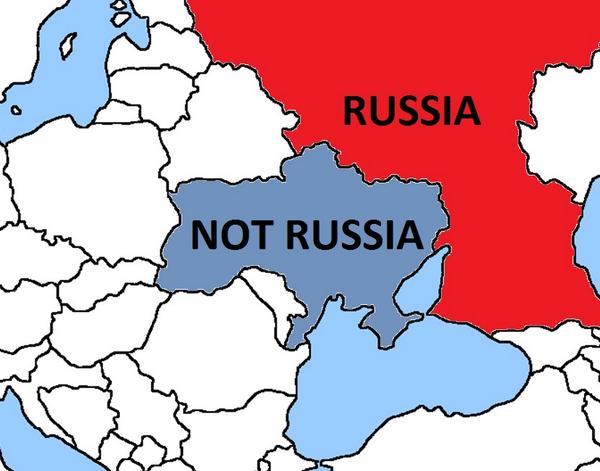
- EU leaders will fund "anti-propaganda" Russian media
This upcoming Wednesday, the European Court of Justice in Luxembourg will hold a much awaited hearing on the case Europe vs. Facebook. The case, brought by Austrian Max Schrems (@maxschrems), alleges that the social network Facebook violated EU privacy regulations and the Safe Harbour Agreement by making the personal data of European citizens available to the USA's National Security Agency.
Also this upcoming Wednesday, European Commission Vice-President Andrus Ansip (@Ansip_EU) will unveil what his team perceives as the greatest barrier to the European digital single market, which, if implemented, could generate up to €250 billion in economic growth. The digital single market strategy is to be unveiled in May.
- This upcoming Wednesday, the EC will unveil the biggest barriers to the EU's single digital market.
Back to last week.
In the UK last Thursday, the Liberal Democrat chief secretary to the Treasury Danny Alexander became a photographic hashtag. Alexander proposed an alternative fiscal plan to incumbent Conservative Chancellor of the Exchequer George Osborne’s budget. Alexander then stood outside holding a "Liberal Democrat" yellow box in imitation of the traditional red box held by the British Chancellor of the Exchequer after s/he announces his or her budget. British social media used the photo op to spread a myriad of photo-shopped images of Alexander and his yellow box, some of which can be seen under the #Budget2015 hashtag.
It's funny because it's true #Budget2015 pic.twitter.com/IU7nFREKFk
— General Boles (@GeneralBoles) March 19, 2015
German's foreign service, accused of being too tied to tradition and procedure, spent a year evaluating its foreign policy and proposing improvements. The improvements are now being implemented according to a seven-point plan. In the plan, communications play a major role. German diplomats want communication to become more regular and less hierarchical and they want diplomats to make better use of social media.
- German diplomats plan to use more social media more effectively.
In line with proposed anti-terrorist legislation, France announced plans to block five websites. A bill to further extend the State's surveillance powers will be debated in April. "These are legal tools, but not tools of exception, nor of generalized surveillance of citizens," Prime Minister Manuel Valls told a news conference. "There will not be a French Patriot Act." The rules up for Parliamentary discussion would give French authorities access to user data without the need for judicial review if the users are believed to be linked to terrorist activities. Amnesty International criticised the move stating it "would pave the way for extremely intrusive surveillance practices with no judicial pre-authorization." Council of Europe Human Rights Commissioner Nils Muiznieks concurred, "Limiting human rights to fight against terrorism is a serious mistake and an inefficient measure that can even help the terrorists' cause." However, these leaders may not speak for the French people. A January Ipsos survey for Europe 1 radio station and Le Monde suggested that 71% of the French were in favour of general bugging without the need to get a warrant from a judge.
- The French are considering expanding the State's online (and offline) surveillance powers.
French authorities have collected individuals suspected of supporting the Charlie Hebdo attacks in early January. A controversial comedian, Dieudonne M'bala M'bala, has even been found guilty of "condoning terrorism" on Facebook. The comedian posted "I feel like Charlie Coulibaly," mixing the name of the magazine attacked with both the slogan in honour of the attack (I am Charlie) and the name of one of the terrorists (Coulibaly) on the eve of the solidarity march in honour of the Charlie Hebdo victims. Dieudonne later clarified that he "condemned the attacks without any restraint and without any ambiguity."
Meanwhile a French court ruling earlier this month suggested that Facebook's legal requirement that "users using the site are bound by California law and that the courts of California are the venue to address all disputes" is “abusive” and thus void. The ruling came as part of a lawsuit in which the defendant complained that his Facebook account had been deleted after he posted a 19th century nude painting by Gustave Courbet (apparently not in line with Facebook's anti-pornography policies.) This ruling will have implications for several American social networks operating in Europe.
- After a French teacher posted a classical nude to Facebook and lost his account, he sued Facebook in France, despite Facebook user regulations requiring any suit to be brought in California. The French court ruled Facebook cannot force users to take their cases to California.
Konstinatin Kosachyov, the Russian chairman of the foreign policy committee in Russia‘s upper house of parliament, posted his reaction to the EU's extension of sanctions to his blog. He said that the EU's reaction gives "enemies of the peace process" scope to further raise tensions. "There is not a single EU document that talks about sanctions against Kiev if (Ukraine) violates the agreement," Kosachyov commented.
- Russia's Konstantin Kosachev, the chairman of the foreign policy committee in Russia‘s upper house of parliament, posted his unhappy reaction to the EU's sanctions to his blog.
His Highness Sheikh Mohammed bin Rashid Al Maktoum (@HamdanMohammed), Vice President and Prime Minister and Ruler of Dubai, brought the two day Arab Social Media Influencer's Summit (#ARABsmis) to a close last week with an open dialogue between conference participants. One of the more prominent events of the Summit included the release of a report that studied the impact of social media in the lives of 7 000 individuals in 18 Arab countries. The Arab Social Media Impact report "represents the first step towards enhancing the use of social media platforms in increasing positive communication between individuals and all segments of the society and government entities. The report also provides an overview of the future plans in the promotion of the best use of social media channels at the local, regional and global levels," said Mohammed Al Gergawi, Minister of Cabinet Affairs and Chairman of the Organising Committee of the Arab Social Media Influencers Summit.
In addition to classifying Arab users of social media into five categories, the report highlighted the most popular social media tools in the region, particularly the application WhatsApp:
Social networking site Facebook followed closely in popularity with 39% of users favouring the site. Facebook was found to be the most popular in Jordan with 63% of users preferring it, followed by 50% of users in Libya and Palestine.
Instagram was the third popular social media site in the Arab World with six per cent of users favouring it. It had the highest acceptance rate in countries such as the UAE, Kuwait and Bahrain at 11% each while its popularity fell as low as one per cent in Syria.
YouTube also saw lower favourability rates with just five per cent of users in the region. The video platform was the most popular in Qatar and Bahrain at 11 per cant and nine per cent respectively.
Twitter was the lowest preferred social media site with just four per cent using regularly. The highest preference for the microbloggging site was noted in Saudi Arabia and the UAE at 12 per cent and eight per cent respectively."
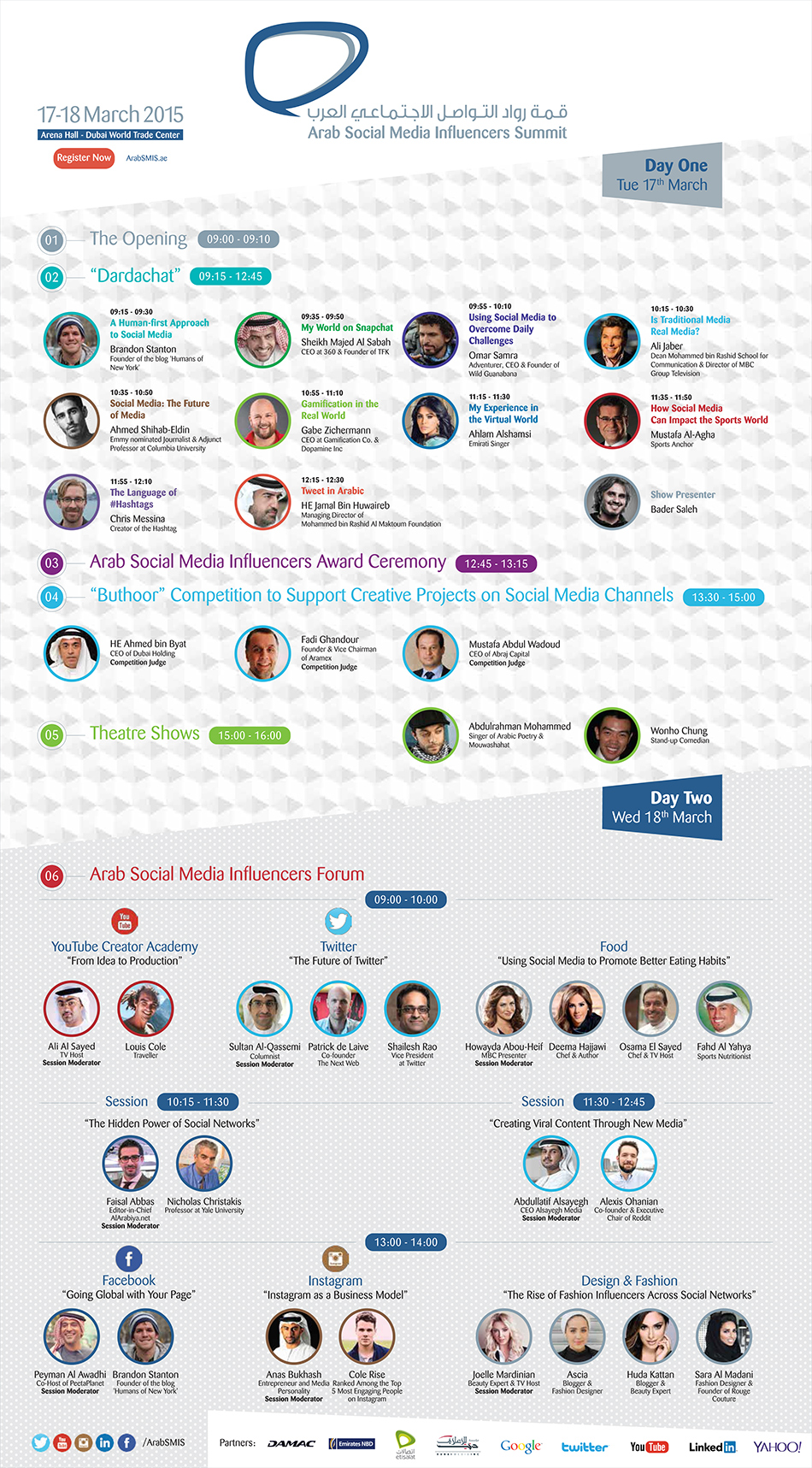
- A two-day summit in the UAE looked at the top trends, tools, and influencers in Arab social media.
Not to be outdone, in Saudi Arabia, the Interior Ministry held a forum on e-governance this week. "The Forum of Online Services" included a session on social media led by Muhammad Malyani, a specialist in social networking. Malyani suggested that as there are over 9 million Saudis on social media, the government can use social networking tools to better communicate with citizens.
- Saudi Arabia held a forum on e-services that included a session devoted to social media. Over nine million Saudis participate in some social network.
The Egyptian police arrested Abd El-Rahman El-Zelbany in his home in Alexandria last week. El-Zelbany allegedly managed the "Revolutionary Punishment" (Al-'iqab Al-Thawri) pages on Facebook and Twitter. The group claimed responsibility for or praised acts of violence against Egyptian police, government sites and personnel.

- Egyptian police arrested El-Zalabany, who allegedly managed the "Revolutionary Punishment" (Al-'iqab Al-Thawri) pages on Facebook and Twitter.
Nigerian social media continues to play a key role in the upcoming elections. With foreign press having difficulty obtaining VISAs and local press regularly harassed by government officials, citizen reporting has been key in obtaining up-to-date information. In particular, SaharaReporters, based out of New York City in the USA, collects information from citizen journalists and follows up on leads before posting information on its Facebook page or Tweeting it out. (Election news tends to include the hashtag #NigeriaDecides.)

- 28 March Nigerians will elect their next leader. Citizen journalism and social media continue to play a key role in the election process.
In South Africa, the government has publicly investigated rumours of opposition party officials allegedly spying after such suspicions were shared on the blog www.africainteligenceleaks.wordpress.com. Those accused - and others - have dismissed the rumours (and the source).
Pakistan has halted the execution of Shafqat Hussain, arrested as a minor and reportedly tortured into confessing to a crime he did not commit, after a social media campaign around the hashtags #Pakistan #SaveShafqat. Amnesty International, who participated in the campaign, noted that Hussain's story is one of many demonstrating the corruption found in Pakistan's judicial system. However, others resent the NGO's interference and claim Hussain deserves his punishment.
- Pakistan has halted the execution of Shafqat Hussain, arrested as a minor and reportedly tortured into confessing to a crime he did not commit, after a social media campaign around the hashtags #Pakistan #SaveShafqat.
India's Government plans to set up a journalism university modelled on China's government-run Communication University of China. “Media institutes in the West are basically schools of journalism,” an unnamed official from the ministry of information and broadcasting told the Economic Times of India. “We wanted an overarching university and the Beijing model appealed the most to us.” Critics accuse the Indian Government of aiming to produce more propaganda via students at the university rather than good journalism.
Indian Minister of State for Information and Broadcasting Rajyavardhan Rathore inaugurated the first National Photography and Videography Workshop organized at the National Media Centre last week. As a part of the event, he announced that the Indian Prime Minister's department of photography is getting a makeover. "[E]nhanced reach and instant dissemination on social media had impacted the content style and precision of both photography and videography."
- Bimal Julka, Secretary at the Information and Broadcasting Ministry explained, "It was [Prime Minister Modi's] idea to revamp the Photo Division and make our pictures more interesting. We are upgrading the department so that photographers switch over from outdated technology."
Government censors in India have taken to social media to complain about their potentially overzealous boss. Ashoke Pandit, a Bollywood film-maker, posted to his Facebook page that censor chief Pahlaj Nihalani treats India's Central Board of Film Certification (CBFC) like his personal fiefdom. "Films after films are becoming innocent victims of his mindless tyranny," Pandit wrote on his Facebook page. "His ridiculous diktats and autocratic functioning has made CBFC a laughing stock."
Section 66 A of the Information Technology Act in India continues to invite tensions between freedom of speech on social media and security. Nineteen-year-old Gulrez Khan was arrested under the rule on March 16 for a Facebook post in which he criticised a political party leader with this religious rant: "let Hindu leaders wear skull cap, but we Muslims would never sport tilak [a mark worn by a Hindu on the forehead to indicate caste, status, or sect, or as an ornament]. Hindus accord to Namaz, we Muslims would always boycott Vande Mataram because Islam prohibits both secularism and love for one’s country.” The Indian Supreme Court Friday asked the Uttar Pradesh Government to respond to an application questioning the boy's arrest.
- Section 66 A of the Information Technology Act in India continues to invite tensions between freedom of speech on social media and security.
In Bihar in East India, photos of parents scaling four-floored exam centres to pass cheat sheets ("chits") to students taking the national matriculation exam have been circulated on social media.The all-too-common cheating, so blatantly documented in social media, has provided an opportunity for the opposition to attack the state government for inaction and corruption with regard to the problem. "The fact is that the state government has gone into deep slumber as a result of which the entire system seems to be crumbling," Leader of Opposition in Bihar Assembly Nand Kishore Yadav complained to reporters. The current Bihar government cancelled the matriculation exam at four exam centres, arrested seven policemen accused of aiding the cheaters, and is investigating allegations of corruption and cheating.
- In Bihar in East India, photos of parents scaling four-floored exam centres to pass cheat sheets ("chits") to students taking the national matriculation exam have been circulated on social media.
In India, the Uttar Pradesh government asked teachers and school staff not to interact with pupils on social media, phone or through e-mails. The official demand is intended to check "sexual harassment" of students, particularly in the wake of a recent rape of a student by a teacher who first initiated a personal relationship with the student via social media.
- In India, the Uttar Pradesh government asked teachers and school staff not to interact with pupils on social media, phone or through e-mails.
With a local election in Goa coming up, the opposition Congress Party has seized upon a supposed clerical error in which the national holiday Gandhi Jayanti was left off a public calendar. Narendra Savoikar, a Member of Parliament from the reigning BJP party in South Goa, took to Facebook to rectify the mistake. "The government of Goa's official calendar for the year 2015 published in January shows October 2 as public holiday. Unnecessary, unsubstantiated controversy," Savoikar posted to Facebook, uploading a picture of the Goa government's official calendar for October to his timeline.
Seventy percent of Vietnam's almost 40 million internet users are on Facebook. Vietnamese Minister of Health Nguyen Thi Kim Tien has decided to reach out to them and initiated the first official Facebook presence by a Vietnamese government minister.
- Vietnamese Minister of Health Nguyen Thi Kim Tien initiated the first official Facebook presence by a Vietnamese government minister.
Myanmar Deputy minister Su Su Hlaing is being scorned in social media after a photo posted to the Ministry's Facebook page appeared to airbrush out an umbrella held over her head by another official. When arriving at an airport in Kawthaung, southern Myanmar, the Deputy Minister appeared to benefit from an inexplicable patch of shade. The photo has since been removed from the Ministry's Facebook page.
- Myanmar Deputy minister Su Su Hlaing is being scorned in social media after a photo posted to the Ministry's Facebook page appeared to airbrush out an umbrella held over her head by another official.
Thai government officials have warned Thai women that they risk criminalisation if they expose "underboob" on Thai social media. The warning is linked to Thailand's Computer Crimes Act of 2007, which includes a section against pornography. Ministry spokesman Anandha Chouchoti had to say on the matter: "When people take these ‘underboob selfies' no one can see their faces. So it's like, we don't know who these belong to, and it encourages others to do the same. We can only warn people to not take it up. They are inappropriate actions."
Malaysia is planning to amend the Communications and Multimedia Act 1998 (CMA) to improve governance of social media. The Centre for Independent Journalism (CIJ) has expressed concerns over the chilling effect these amendments might have on responsible journalism and freedom of expression in the country. Given that the Malaysian Penal Code and the Sedition Act have been used to arrest users for social media posts, the CIJ worries that the expansion of the CMA will only accelerate this trend. “The amendments take into account several important measures regarding governance and enforcement, and the government has collaborated with other related agencies,” the Minister of Communication and Multimedia Datuk Seri Ahmad Shabery Cheek stated in relation to the planned amendments. He noted that the government is also working with the Royal Malaysian Polis (PDRM) on surveillance such as blocking social media sites identified as spreading militant ideology.
- Malaysia is planning to amend the Communications and Multimedia Act 1998 (CMA) to improve governance of social media.
The Australian Government successfully negotiated with the Opposition to move forward in adopting the Telecommunications (Interception and Access) Amendment (Data Retention) Bill. The Opposition integrated a Public Interest Advocate into the proposed legislation, though critics argue this will not really limit the extensive surveillance the bill would permit the Government. The amendment passed through Australia's House of Representatives on Thursday morning, and not long after the bill also passed. The Australian Senate will soon consider the legislation which, if passed by the Senate, will become law. The law would require Australian Internet and telecommunication companies to retain user metadata for two years and to permit Government agencies to access that data without a warrant.
- The Australian Government successfully negotiated with the Opposition to move forward in adopting the Telecommunications (Interception and Access) Amendment (Data Retention) Bill.
The Australian government appointed Alastair MacGibbon (@macgibbon) as the first e-safety commissioner. MacGibbon now has the power to fine social networks for failing to remove bullying content. Large (tier 1) social networks (e.g. Facebook) with their own content removal systems in place will not be fined as long as they voluntarily remove offensive content from their network.

- The Australian government appointed Alastair MacGibbon (@macgibbon) as the first e-safety commissioner.
In Canada, the British Columbia Civil Liberties Association used the Access to Information Act to obtain Canadian Security Intelligence Service spring 2014 risk forecasts. The forecasts, prepared for two meetings of the deputy ministers’ committee on resources and energy last April, explained that demonstrations and protests have historically fallen into four primary issue categories: social, political, environmental and First Nations. The risk analysis says the following “influencing factors” must be taken into account:
— Citizen journalism that spreads alternative information into the mainstream through social media and other Internet forums;
— Engagement of youth by issue-related movements established in the last five years."
- In Canada, the Federal government eyes protests in national ‘risk forecast’ - cites 'risk' of social media and youth engagement in protests.
Twitter is planning an in-depth study into how the social network impacts Canadian political choices in the next election. A similar study in the UK found that 34% of people ages 18 to 34 changed their votes due to something read on Twitter and that half reconsidered their opinions on an issue due to something that they read on the social network. University of Guelph professor Tamara Small, who studies the role of Internet and new information technology in Canadian politics, is skeptical of the planned study. Small's research found that in 2014 only about 20% of Canadians used Twitter at least once a month, and most of those weren’t very politically involved.

- Twitter plans to map political influence in the upcoming Canadian elections. They've done this in the USA and the UK, with interesting results.
Canada's Ontario province has launched a public service online and offline campaign to curb sexual assault. #WhoWillYouHelp targets people who see potential problems and choose to do nothing. The campaign includes a 48-page guide for university campuses to developing a response to sexual violence, legislation on workplace harassment and an end to the two-year limit on civil claims for sexual assault. In one week alone, the #WhoWillYouHelp ad was tweeted 31,000 times and the the one-minuteYouTube spot received more than 230,000 views.
— OntWomen (@OntWomen) March 23, 2015
Telus, a Canadian national telecommunications company, and the federal government have launched a #BeAppSafe campaign to encourage Canadians to be more careful about the information that they share via applications in their mobile phones and devices. “We want people to stop and think about the apps they download and use every day,” said Michael Sangster of Telus. “We’re trying to highlight the risks and give some tips. We think it’s important.” The campaign encourages Canadians to review their apps and their permissions, be careful about options like geotagging, and to generally follow good cyber-safety practices.
- A campaign to help Canadians #BeAppSafe when it comes to their digital devices.
In the USA, the White House held its first InstaMeet, inviting selected Instagrammars to tour the President's home. The event was Instagram's 11th Worldwide InstaMeet. For more on the White House InstaMeet, search the Instagram hashtag #WHInstaMeet.
The US government has made statistics on overall real-time views of public websites available here: analytics.usa.gov. Statistics will be used to determine which services are most popular with users when.
Hilary Clinton continued the Twitter debate on a letter US Republicans sent to Iran that threatened to junk any agreement over Tehran’s nuclear program.
GOP letter to Iranian clerics undermines American leadership. No one considering running for commander-in-chief should be signing on. — Hillary Clinton (@HillaryClinton) March 11, 2015
One of the letter's signatories, Republican Louisiana Governor Bobby Jindal responded on Twitter:
.@HillaryClinton No one who allows Iran to become a nuclear power should consider running.
— Gov. Bobby Jindal (@BobbyJindal) March 11, 2015
Another potential Presidential aide, Liz Mair (@LizMair), an online GOP strategist for Wisconsin Gov. Scott Walker’s political action committee, resigned after her Twitter remarks against the traditional straw Presidential poll held in Iowa were discovered.
- Liz Mair (@LizMair), another potential Presidential aide, resigned over political remarks on Twitter questioning the Iowa straw poll.
Meanwhile, at #SXSW in Austin, counter-terrorism (CT) expert J.M. Berger and Ushahidi technologist Jonathon Morgan reviewed their Brookings Institution report published last week. The report, "The ISIS Twitter census: Defining and describing the population of ISIS supporters on Twitter," looks at how effective Twitter is as a tool for ISIS. Berger explained that critics of Twitter for acting as some sort of propaganda tool for ISIS are unwarranted. “Twitter has suspended thousands of accounts in recent months and picked up the pace in recent weeks,” Berger told techPresident. “Where Twitter can do better is by providing more detailed and robust rules for users so that there are clear guidelines on what sort of content qualifies for suspension. I would also like to see all social networks start disclosing information about who they suspend and for what reason, with reasonable privacy protections...Their presence on social media helps clarify where they are recruiting and allows for the possibility of intervention online,” he says. “Pressuring the network creates a closed environment in which ISIS supporters talk more to each other than to people outside the network, meaning that while it’s harder to get into their network, people might radicalize more quickly once they are in. Again, we need more study and data, but I think it is very important to explore this issue as soon as possible.”
@intelwire @jonathonmorgan The #graphicrecording of your talk "ISIS Twitter Census" is ready! #SXSW #berger Thanks! pic.twitter.com/vkIi8gtUum
— ImageThink (@ImageThink) March 17, 2015
US Special Ops plans to up its game in the social media sector. “Social media is another component of unconventional strategies, and the security environment in general, that is playing a central role in recruiting individuals to causes,” Army Gen. Joseph L. Votel, commander of U.S. Special Operations Command, spoke Wednesday to the House Armed Services Committee. “We must therefore develop our ability to interact with key influencers through this medium, or else risk blinding ourselves to this important conduit of information and influence in unfolding crises,” Gen. Votel said. “We all must view this space as a routine operational area: It is redefining how humans interact. Our success in leveraging these tools will be determined by how well we cultivate the networks in which we participate...Social networks are “not ‘our’ networks — the very nature of these relationship tools is decentralized and participatory, rather than centrally controlled,” he said. “We require new thinking on this subject.”
A poll of Americans ages 18 to 34 conducted by the Associated Press-NORC Center for Public Affairs Research and the American Press Institute found that two-thirds of respondents said they consume news online regularly, often on a social networking site. Forty percent do so several times a day. Much of the consumption is passive - users read the news as a result of checking social network updates. Seventy percent noted that, due to their diverse friendships, they get a range of political viewpoints and sources. The survey found that "the average young adult regularly uses three or more social media platforms, among them Twitter, YouTube and sometimes Tumblr and Reddit.... The youngest adults often use four social networking sites."
Facebook will now let users in the USA send friends money via Facebook Messenger. Transactions take a few days (like all online financial transactions in the USA.)
A judicial review last week broadened the Federal Bureau of Investigation (FBI)'s authority to hack. Google noted that the change represents a "monumental" Constitutional concern - particularly with respect to the Fourth Amendment (against unreasonable search and seizure) and the potential violation of national sovereignty. The Judicial Conference Advisory Committee on Criminal Rules voted 11-1 to modify an arcane federal rule, Rule 41, to give judges more flexibility in how they approve search warrants for electronic data. The change in the rule allows for warrants not limited by geographic jurisdiction. That is, judges could grant warrants allowing police to search remote networks located elsewhere or for which the location is unknown. "Justice Department lawyers rebutted Google's concerns, saying the search giant was misreading the proposal and that it would not result in any search or seizures not 'already permitted under current law.'...The proposal is now subject to review by the Standing Committee on Rules of Practice and Procedure, which normally can approve amendments at its June meeting."
- A judicial review last week broadened the Federal Bureau of Investigation (FBI)'s authority to hack. Google noted that the change represents a "monumental" Constitutional concern.
A Pew Center Report asked American adults "what they think of [government surveillance] programs, the way they are run and monitored, and whether they have altered their communication habits and online activities since learning about the details of the surveillance." Some top findings:
- 9 out of 10 Americans are aware of Edward Snowden's revelations about NSA spying.
- 34% of those who are aware of the surveillance programs (30% of all adults) have taken at least one step to hide or shield their information from the government.
- 25% of those who are aware of the surveillance programs (22% of all adults) say they have changed the patterns of their own use of various technological platforms “a great deal” or “somewhat” since the Snowden revelations.
In local USA news, a citizen journalist in Georgia won a lawsuit against her county. She sued for being kicked out of a public meeting about a water-sharing agreement which she tried to film. The North Carolina State Bar agreed that judges and lawyers in North Carolina may connect on social media sites such as LinkedIn, Facebook and Twitter as long as they don't communicate about ex parte matters (private issues in pending cases), and as long as judges don't endorse lawyers on sites like LinkedIn. In Delaware, a campaign on social media aimed at stopping heroin abuse was launched and includes a social game describing the pitfalls of abuse.
Brazilians organised offline protests on social media and publicised their discontent with current President Dilma via the hashtag #RIPDilma. Massive protests last Sunday were, opponents say, organised and promoted by the right wing.

- Protests against the current administration in Brazil organised on social media.
Worth exploring?
What’s the value of a little neighborly conversation? Investors believe it’s worth more than a billion dollars, especially if it’s generated by Nextdoor, a neighborhood social media platform that this month announced a fourth round of funding of $110 million and a valuation of $1.1 billion. The platform’s social network musters 5 million exchanged messages per day from more than 53,000 neighborhoods nationwide. Nextdoor is also used by nearly 700 jurisdictions for citizen communication through its government dashboard, Nextdoor for Public Agencies.
To hear updates follow @Linda_Margaret on Twitter or subscribe to my weekly newsletter on social media and government via this link.
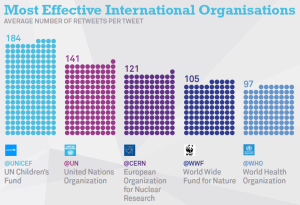

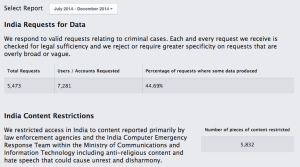






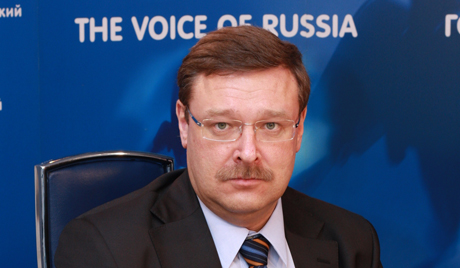

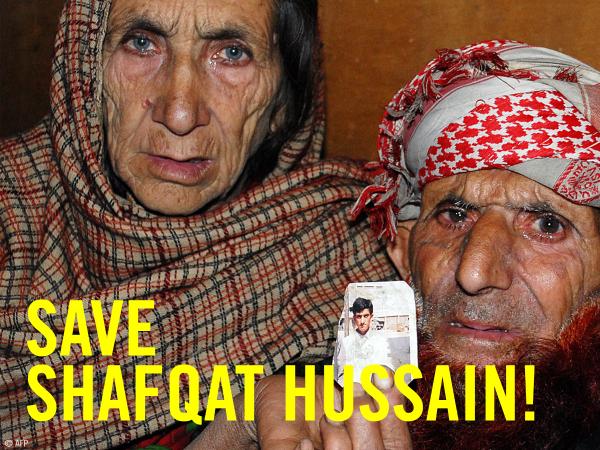


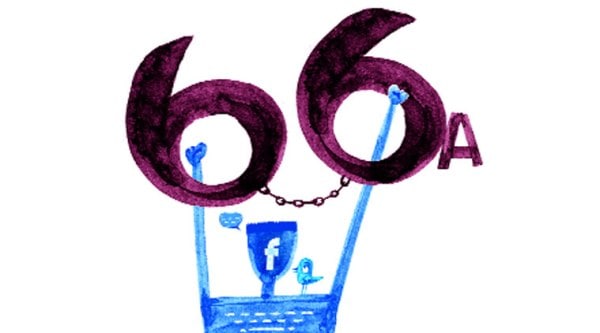




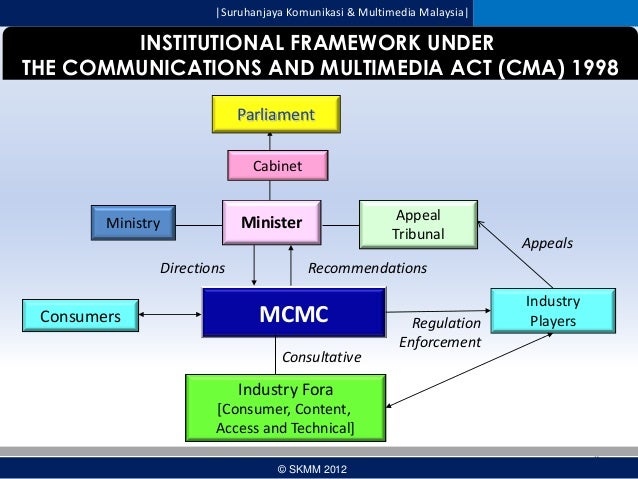
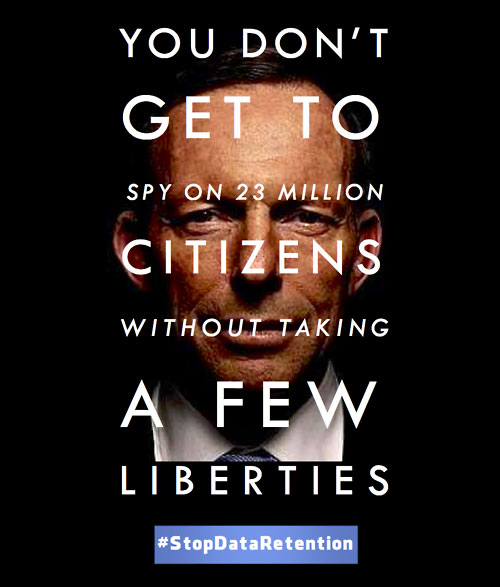

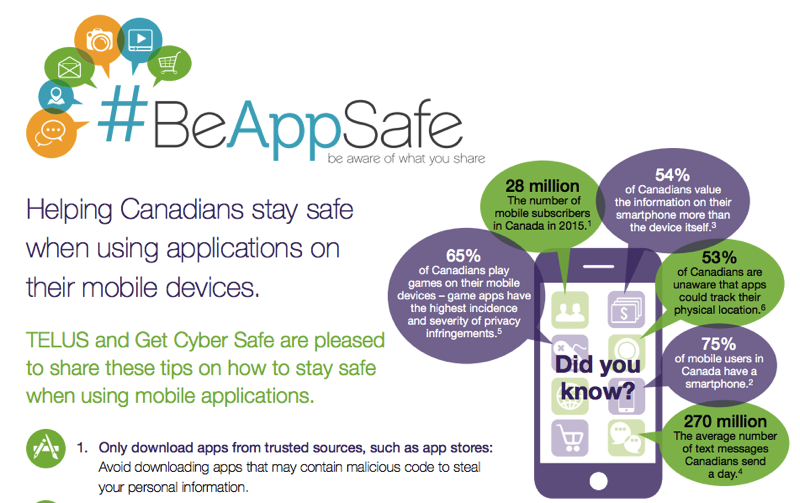


No comments:
Post a Comment